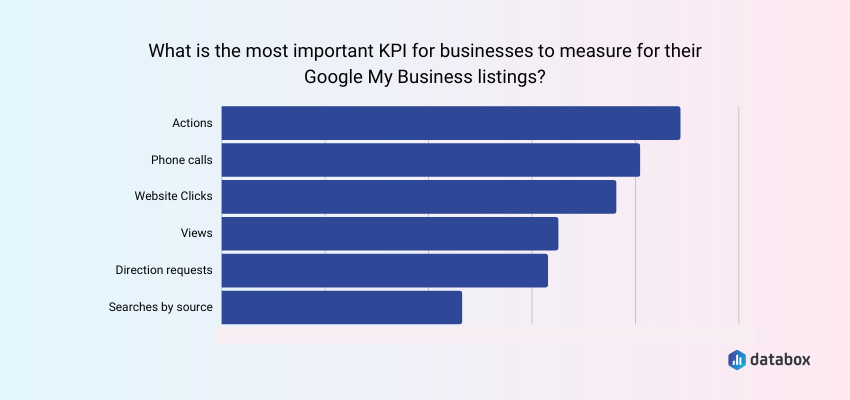
Online review companies are a good way to generate positive feedback but there are some drawbacks. Be sure to evaluate several factors before you make a decision about a review site. For example, how transparent are their review processes? What happens if a customer leaves a negative review? Is it possible for a company to sue a customer who leaves negative feedback? How does all this affect the bottom line of the review company?
Transparency of review processes
Transparency with review processes on online review sites can be a key component of making sure that consumers are happy with the reviews they leave. It is easy to make a negative review or fake one to help your business. However, there are many methods you can use to ensure your reviews remain honest and objective.
Transparent peer review is one method. This means you can see the contents of the reviewers' reports along with the article. However, the identity of the reviewers is not disclosed. This transparency makes the review process transparent and allows readers and authors to trust the work done by reviewers.

An online review company should strive to ensure transparency in the review processes. A lack of it can tarnish the credibility of published work, and undermine trust in research. It's also inefficient. When researchers are not rewarded for their time, they're less likely to prioritize review requests. In addition, editors have no insight into the workload of reviewers, and can overwhelm them with review requests. Sometimes, it takes 10 invitations to get two reviews.
For leaving negative reviews, customers can sue legal maneuvers
Although some businesses might be tempted by negative reviews to sue customers, there are some things you should keep in mind before resorting this tactic. First of all, the First Amendment protects the right to free speech. Also, 34 U.S. states have passed Anti-SLAPP laws that aim to protect businesses from being sued for unfair reviews. The goal of these laws is to protect consumers and keep them free from harassment and intimidation.
You must gather evidence to sue a customer for a negative review. A screenshot of the review should be included, along with the URL and any interactions that took place between the customer and reviewer. It is important that the reviewer document any potential losses suffered by the business as a result.
Benefits of listening and learning from customers
Businesses can earn a significant revenue stream by listening to customer feedback via online review sites. It increases their visibility which can help them get more traffic to their website, phone calls, or text inquiries. It can also be used to improve business practices and launch new products and services.

Customer satisfaction is key to any company's success, regardless of whether it is local or international. A satisfied customer is more likely to tell nine other people about their experience than a dissatisfied client will. A majority of customers have had negative experiences with companies. Therefore, it is important that you listen to what they have to say. Nearly 93% of potential buyers acknowledge that online reviews have a significant impact on their purchasing decision.
Customers' feedback can be a valuable tool for businesses to improve their products and services as well as retain them. It can also motivate employees. It can also be used to counter negative comments and increase employee productivity. Customers can see if a company cares about their feedback.